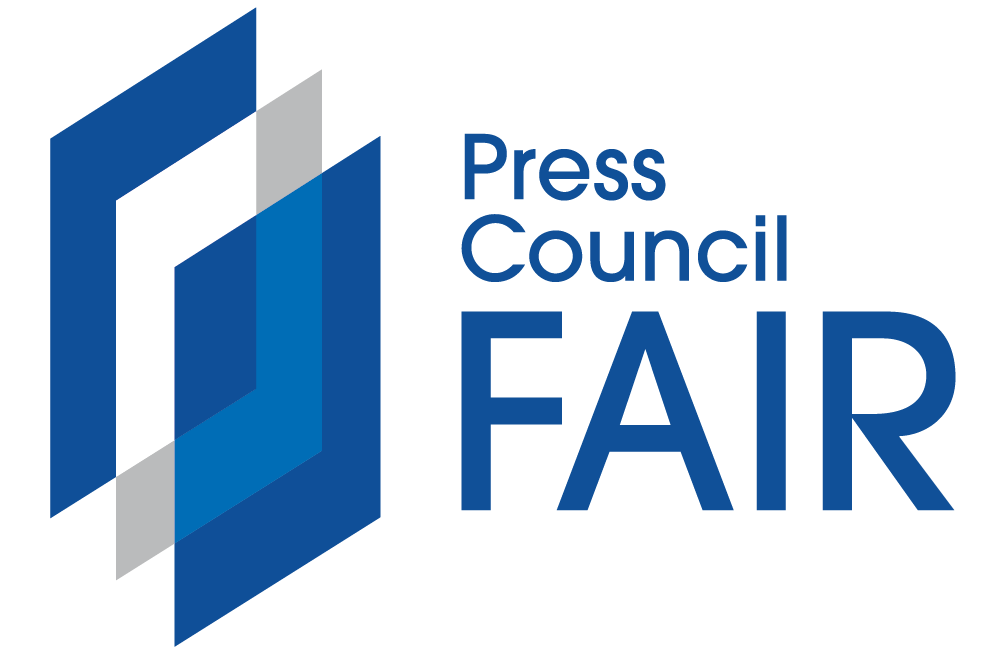The number of independent candidates registered for the 1 November local government elections has increased by 75% since the last municipal election, from 830 in 2016 to 1,452.
Many of the new independent candidates are in the metro municipalities, especially City of Tshwane, City of Cape Town and Ekurhuleni.
“The political sands are shifting all across the world as citizens are losing faith in big political parties and seeking a new alternative,” One South Africa Movement (OSA) national spokesperson Mudzuli Rakhivhane, told The Outlier.
The OSA, which was founded by former Democratic Alliance leader Mmusi Maimane, is supporting a number of independent candidates in this year’s municipal elections.
By giving voters a choice of individual candidates, the option opens to choose people who are on the ground and know the specific issues facing their community, while “not being tied to the party line”, said Rakhivhane.

In five of the eight metropolitan municipalities the number of independent candidates running for election has increased compared with the 2016 elections. Overall, the number of independent candidates in the metros has increased by 30%.

The average age of the 2021 independent candidates is 46 years old.
The oldest candidate is 76-year-old Jacobus Bronkhorst contesting in Rustenburg, North West.
The youngest are 23-year-olds: Tshiamo Malatji is running in Mangaung metro in the Free State and Phetole Rasekele is vying for a seat on the council in Makana municipality in the Eastern Cape.
Rakhivhane said these candidates come from diverse backgrounds, including a former diplomat, an owner of a cooldrink company and even a previous mayor of Knysna.
“Party candidates, while often the best politicians, may not necessarily be the most appropriate or competent,” she said.
“Using independent candidates allows qualified and competent people from all sectors of society to run for office and stops majoritarianism and party capture and capacitates the bureaucracy.”
Ebrahim Fakir, director of programmes at the Auwal Socio-economic Research Institute (ASRI) said in a recent Media Monitoring Africa webinar: “We’ve got to problematise this question of the rise of independents within the context of a credibility crisis. But, this special crisis is not just a crisis of political parties, it’s a crisis of democracy and democratic government overall.
“It has manifested into two things. First, lower levels of trust and confidence in political parties. Second, lower levels of trust in institutions generally.”



